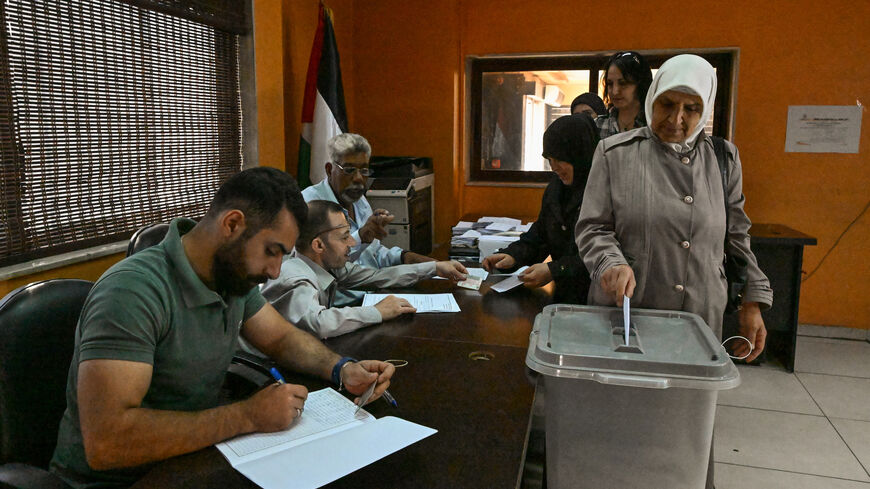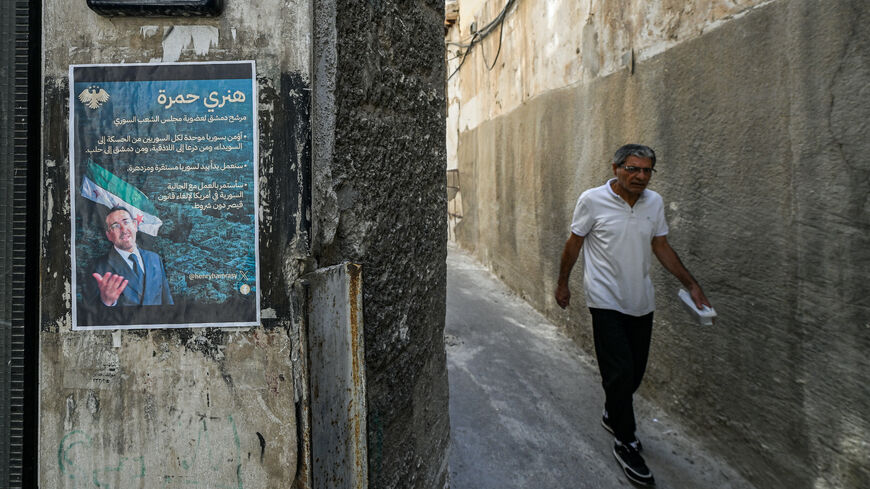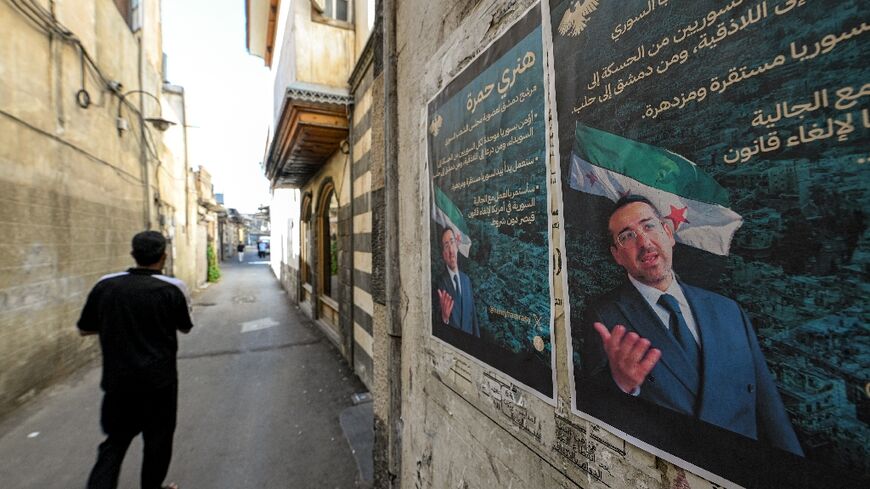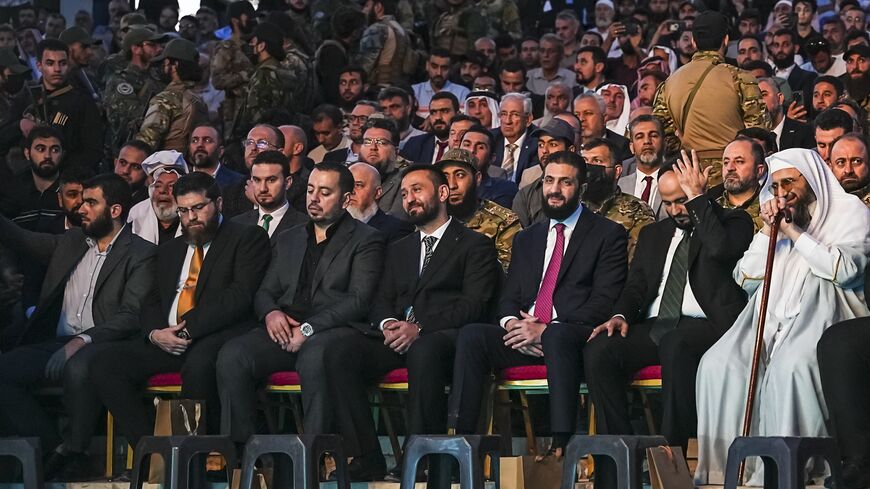Syrian women win 4% of seats as election postponed in 12 districts
Syria has announced the preliminary results of its first parliamentary elections since the fall of the Assad regime.
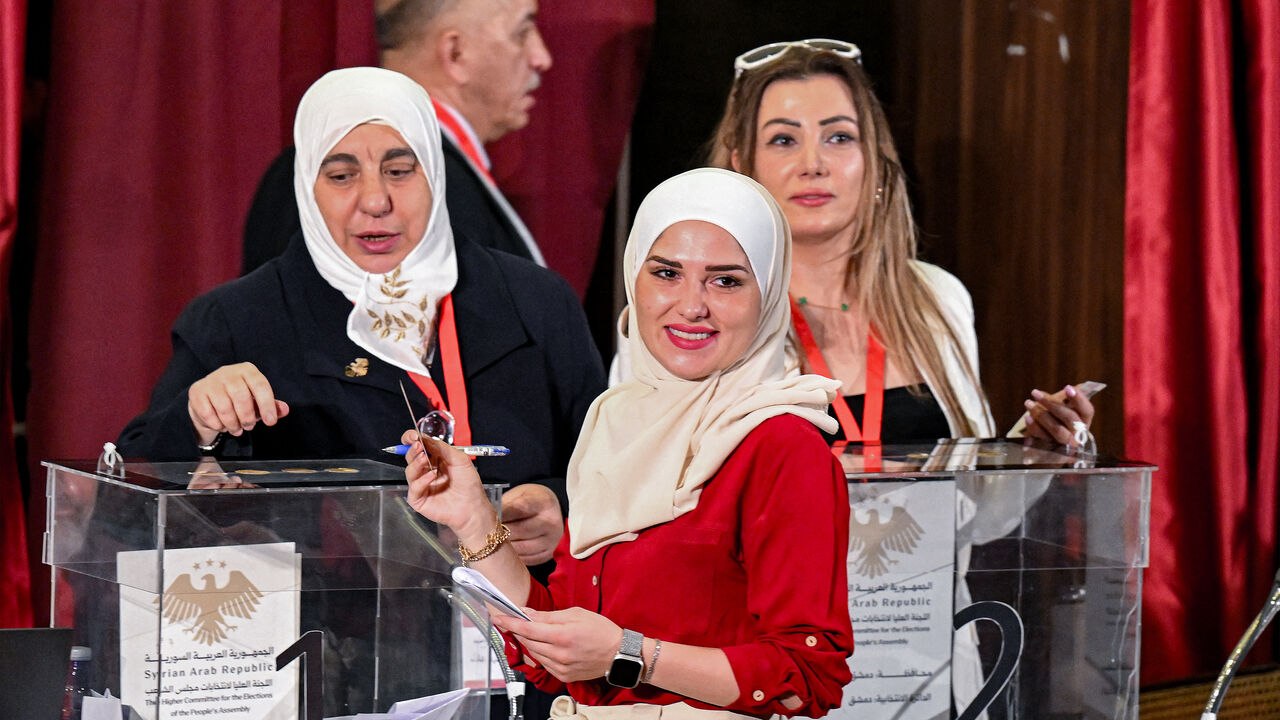
Syria on Monday announced the preliminary results of its first parliamentary elections since the fall of the Assad regime late last year. The vote covered only government-controlled areas and excluded several governorates such as Suwayda in the south and Kurdish-held regions in the northeast, leaving 21 seats unfilled and raising questions about inclusivity and legitimacy.
What happened: The Supreme Committee for People’s Assembly Elections, created by President Ahmed al-Sharaa in June, reported the winning candidates in the 50 electoral districts where voting was held.
The committee said in a statement that any complaints about the electoral process can be submitted to the appropriate committees until the end of the day Monday.
The seat distribution, set by authorities in August, granted Aleppo province the largest representation with 32 seats. Rural Damascus, Homs, Hama and Idlib each received 12, while Damascus and Deir ez-Zor were allocated 10 apiece. Latakia and Tartous got seven and five seats, respectively.
In the northeast, the Kurdish-administered provinces of Hasakah and Raqqa were assigned 10 and six seats, and the southern Druze-majority province of Suwayda three. Citing the lack of “a secure and stable environment,” Damascus suspended voting in a total of 12 districts for what it said were logistical reasons.
No timeline was given for when elections would be held in these districts.
Preliminary results show women securing just 4% of seats so far, winning a total of six: two in Tartous and one each in Aleppo, Homs, Hama and Latakia governorates.
Commenting on the low numbers for women, the head of the Supreme Committee, Muhammad Taha al-Ahmad, told the local SyriaTV news outlet on Monday that the president “will work to correct” the discrepancies when appointing the remaining third of the parliament’s members. The remaining 70 seats will be appointed by Sharaa directly.
Background: The voting process was limited to electors. Some 6,000 members of district-level subcommittees cast their ballots at regional electoral colleges to select 140 of the 210 parliamentary seats.
After the president finalizes the list of parliament members, the elected representatives will serve 30-month terms subject to renewal.
A total of 1,578 candidates ran in 50 of Syria’s 62 electoral districts.
Women made up approximately 14% of the candidates, and Rabbi Henry Hamra became the first Jewish Syrian to run for office since late President Hafez al-Assad imposed restrictions on the country’s Jewish community in 1967. However, Hamra, who ran in the Damascus district, was not elected.
Know more: The security situation in Suwayda had been volatile since deadly clashes erupted in July between groups from the Druze minority and Sunni Bedouin clans. On Sunday, a number of citizens gathered in the city’s main square in protest against the elections, which they consider illegitimate.
Speaking at a polling station in Damascus on Sunday, Sharaa praised the elections as a milestone in the country’s political transition.
He noted that there are several laws awaiting parliamentary approval to advance reform and reconstruction. “Building Syria is a collective mission, and all Syrians must contribute to it,” he stressed.

